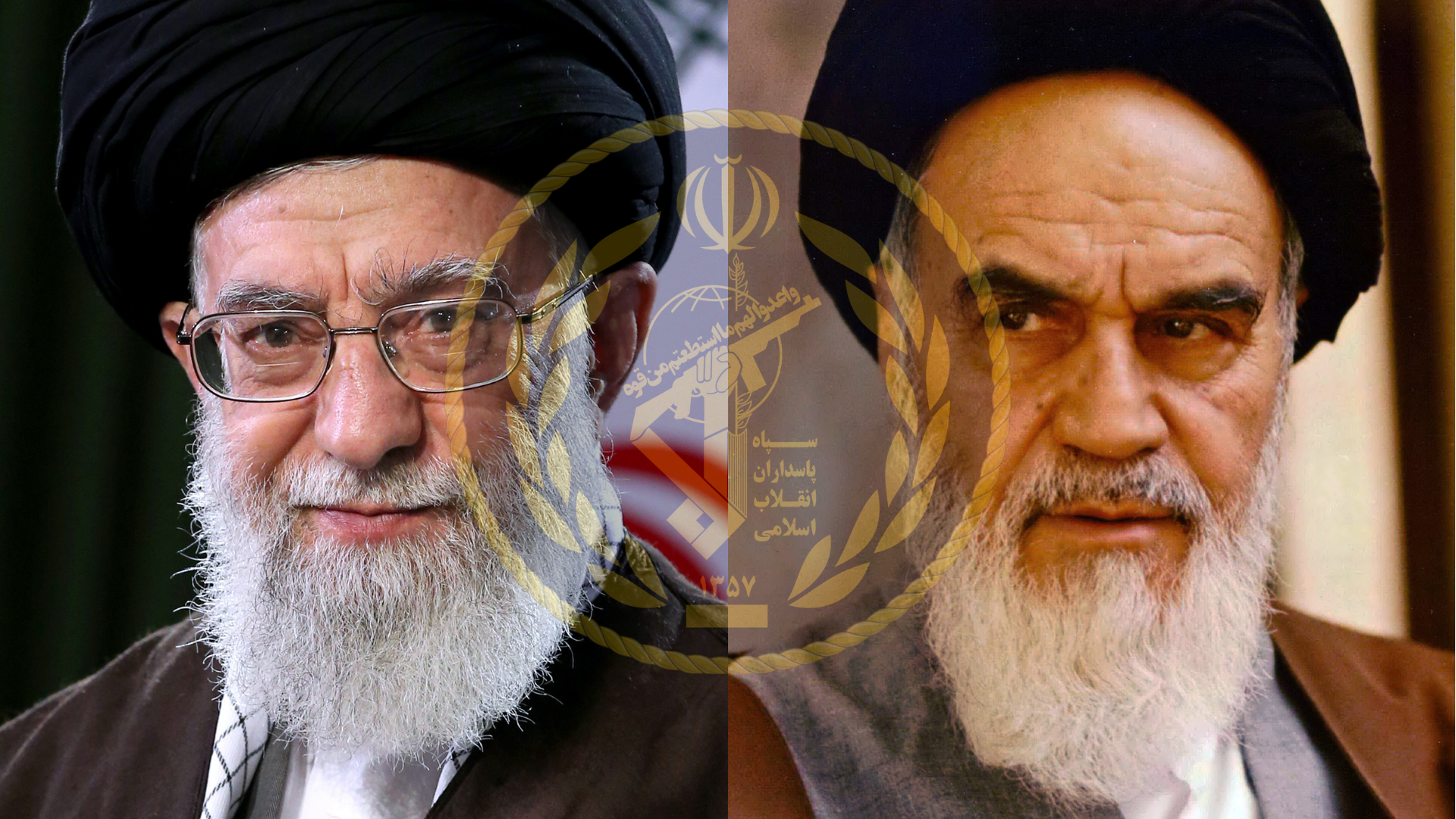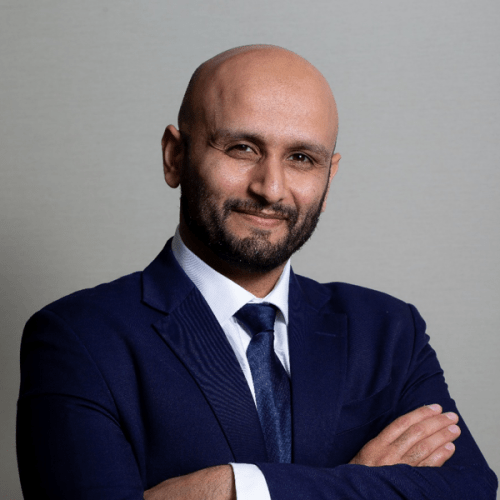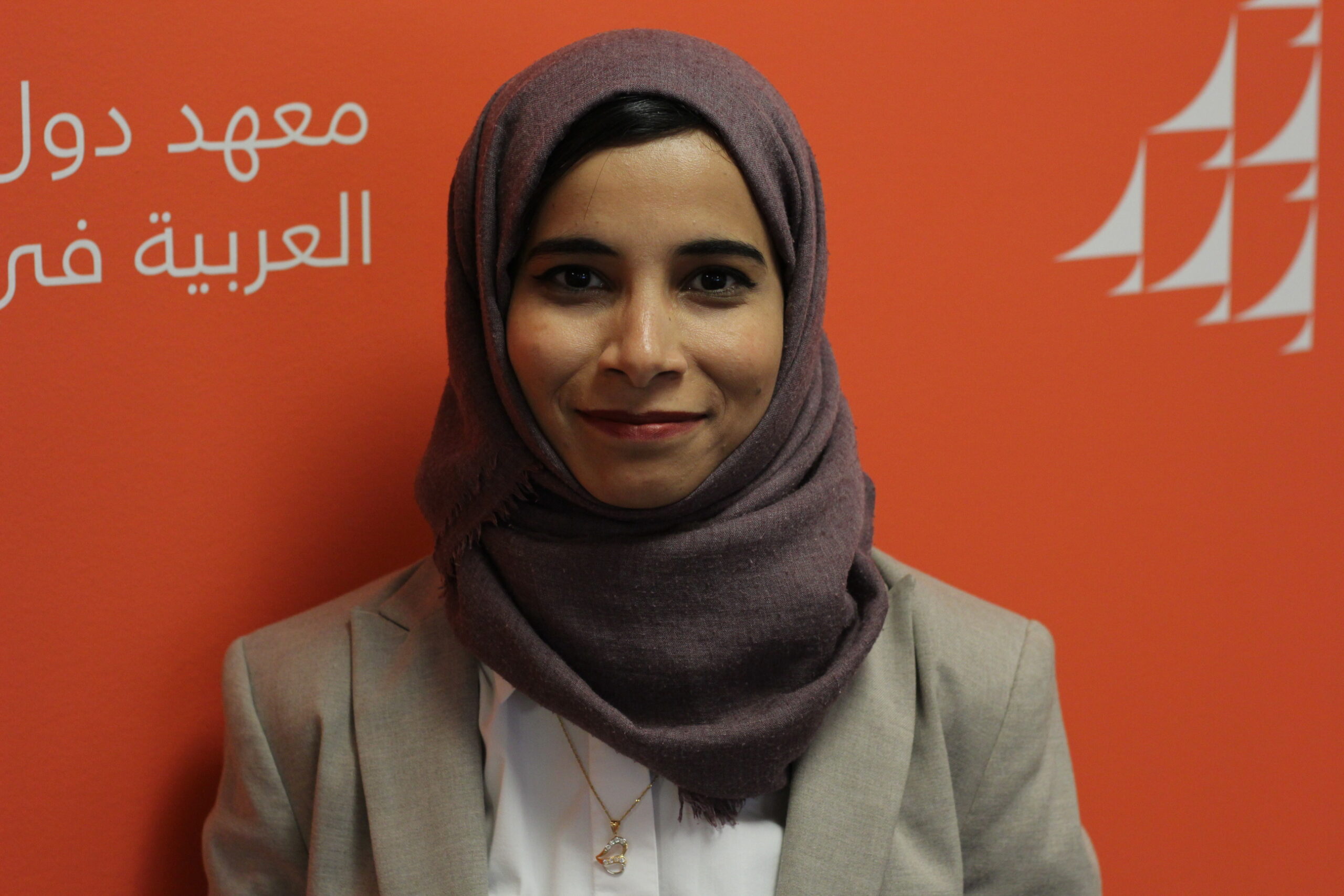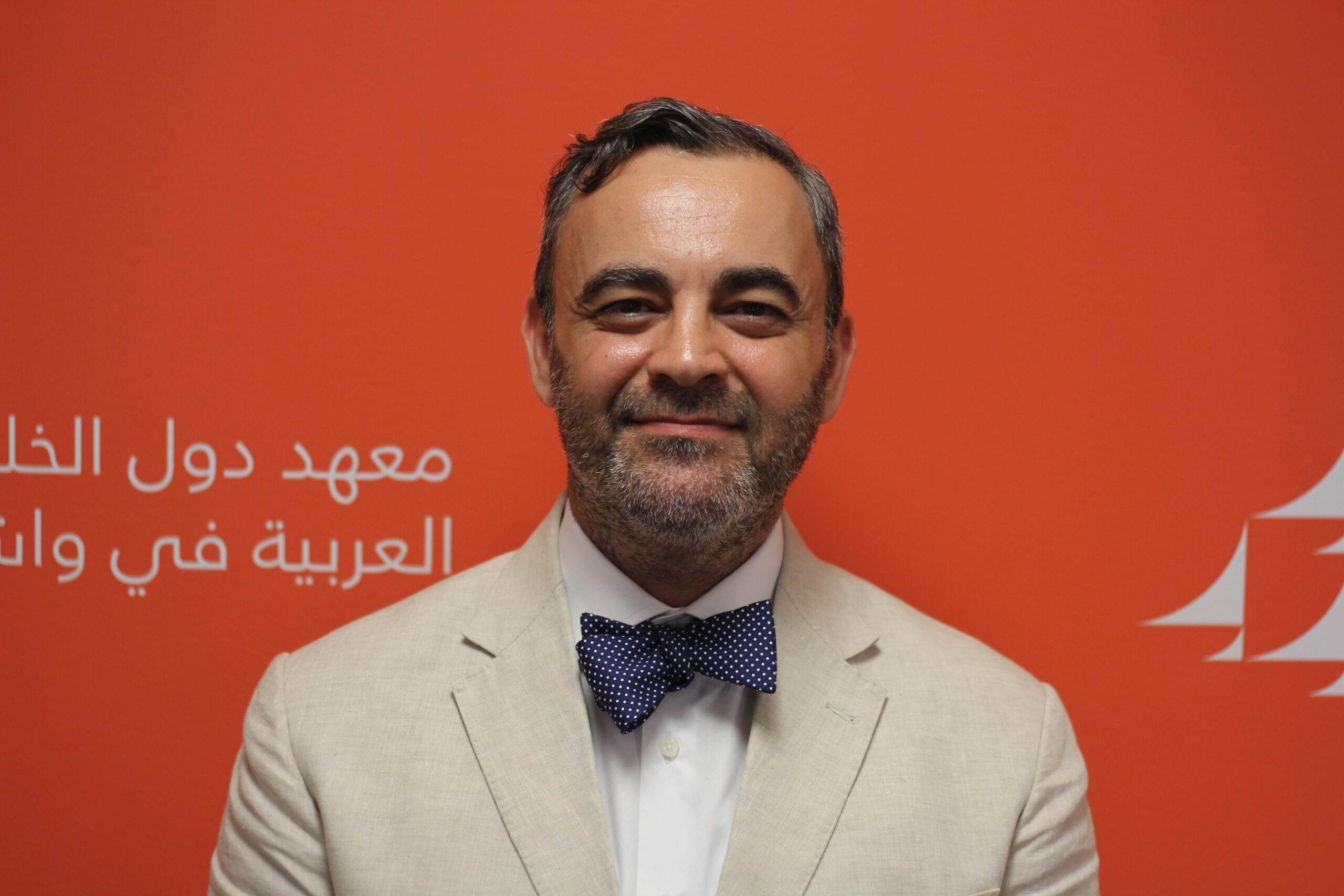Publications
Nov 4, 2019
Petro Diplomacy: Challenges to the Energy Transition in the Gulf Countries
On October 2, AGSIW held its fifth annual Petro Diplomacy conference, exploring what measures the oil-producing states are adopting to manage the global transition to renewables and alternative energy sources and how this will impact demand for oil in the decades ahead.
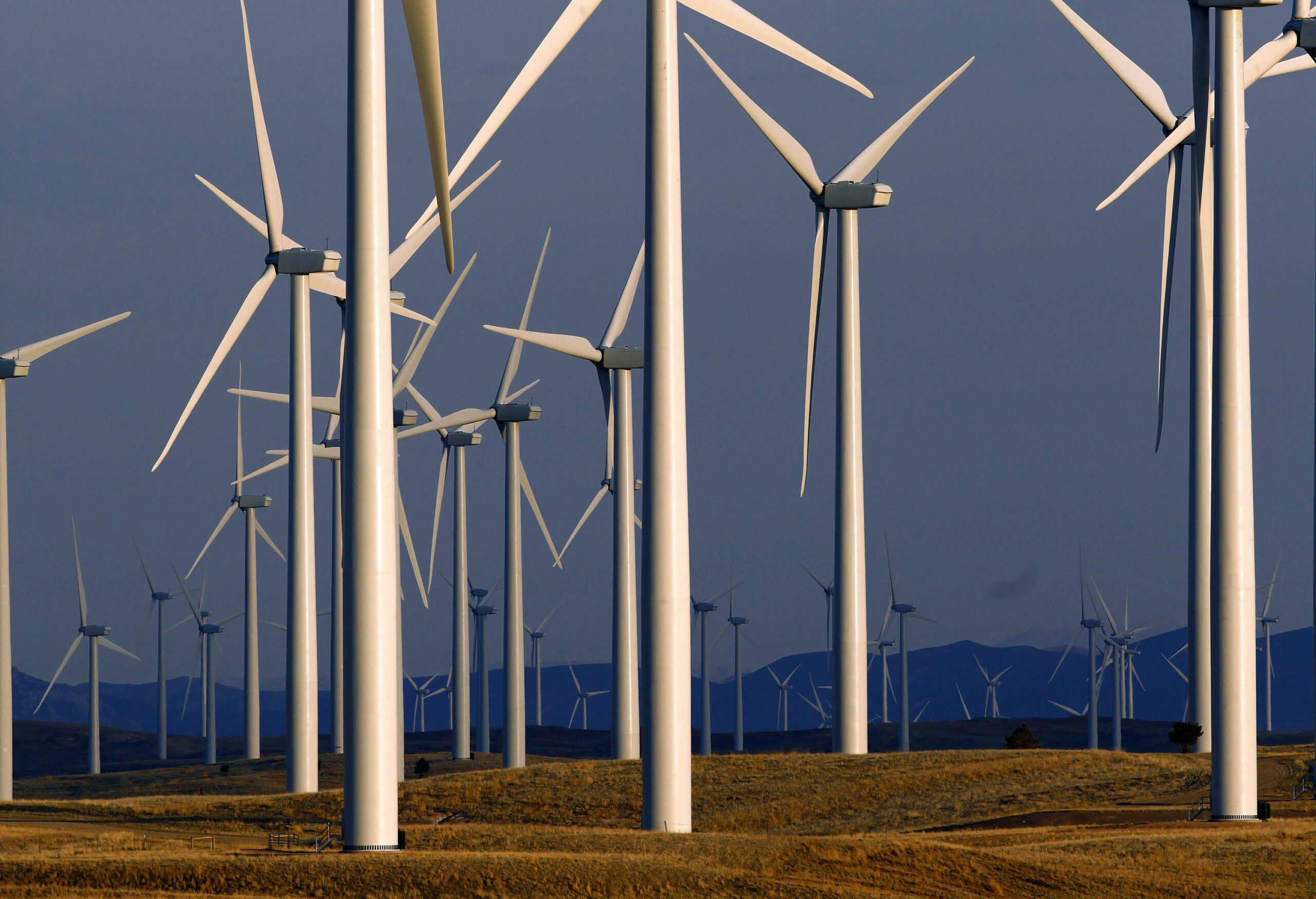
Oct 2, 2019
Challenges to the Energy Transition in the Gulf Countries
The energy world is entering an era of disruption, where traditional methods of extracting, using, and trading energy are changing rapidly and where old rules no longer apply.
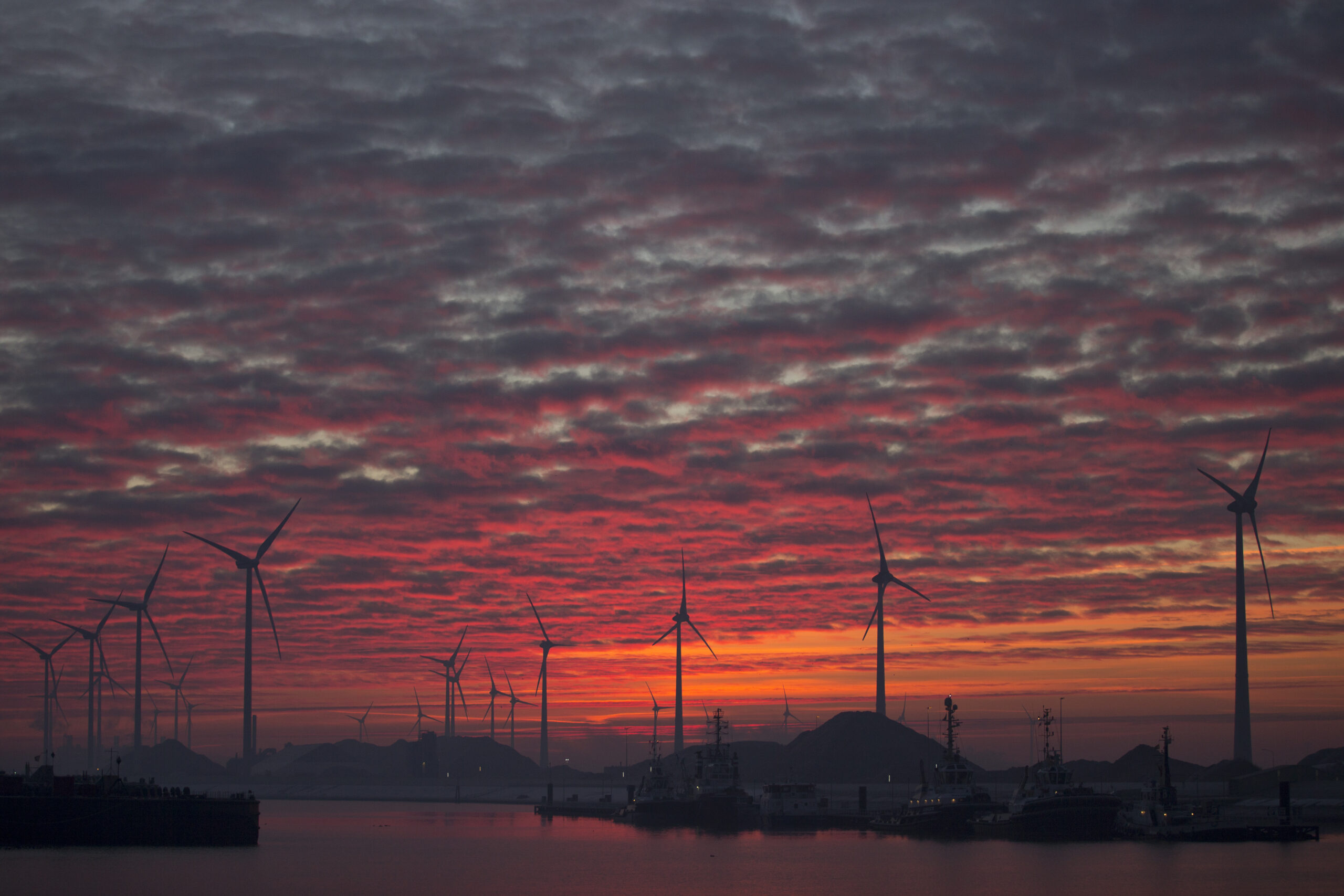
Aug 26, 2019
Value-Added Tax in Gulf Arab States: Balancing Domestic, Regional, and International Interests
Despite beginning as a regional policy, the VAT in the Gulf is becoming an increasingly country-focused initiative.
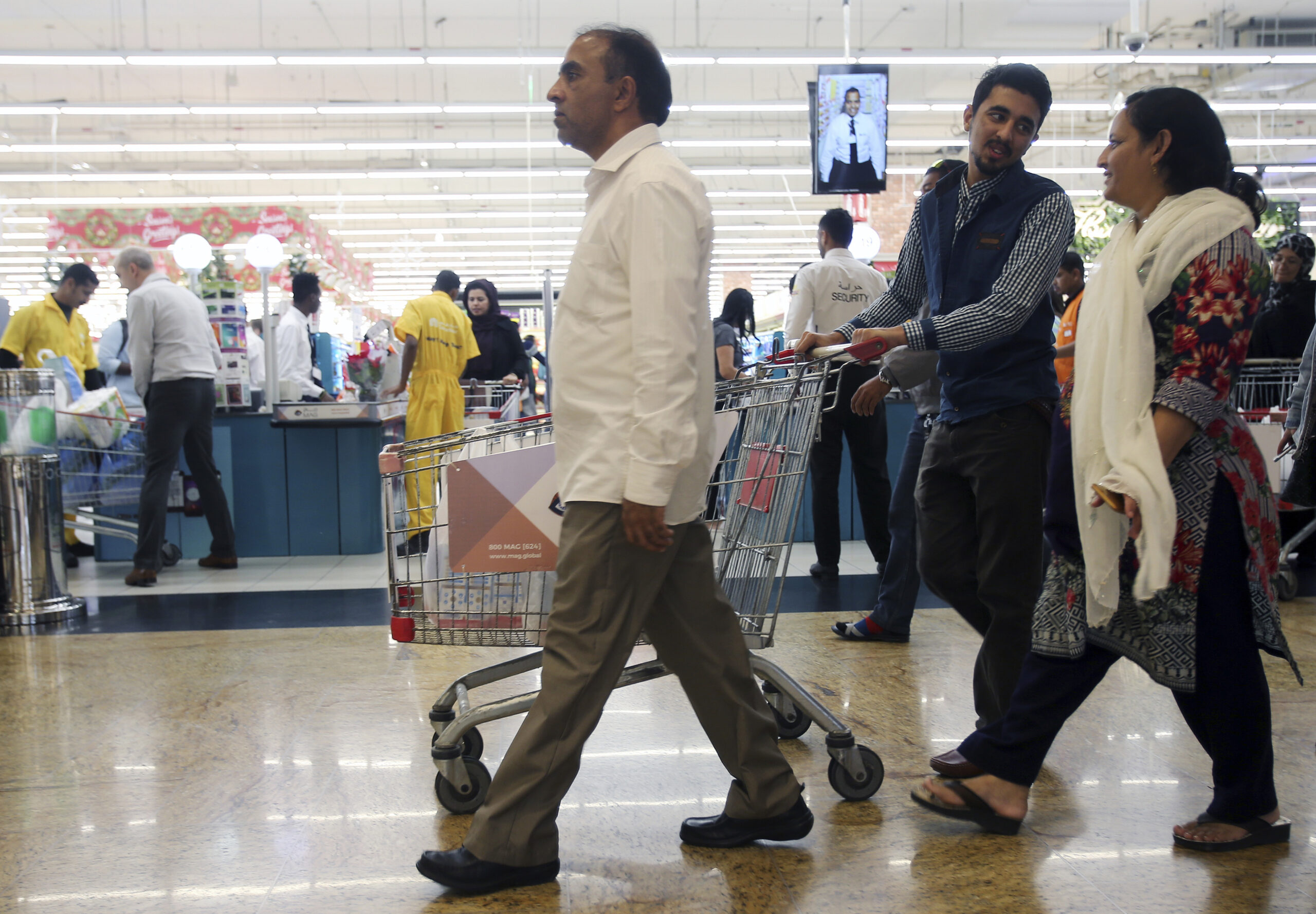
May 30, 2019
New Opportunities and High Stakes for Gulf-South Asia Relations
The strategic implications of interregional engagement between the Gulf and South Asia are becoming clearer and more pronounced.
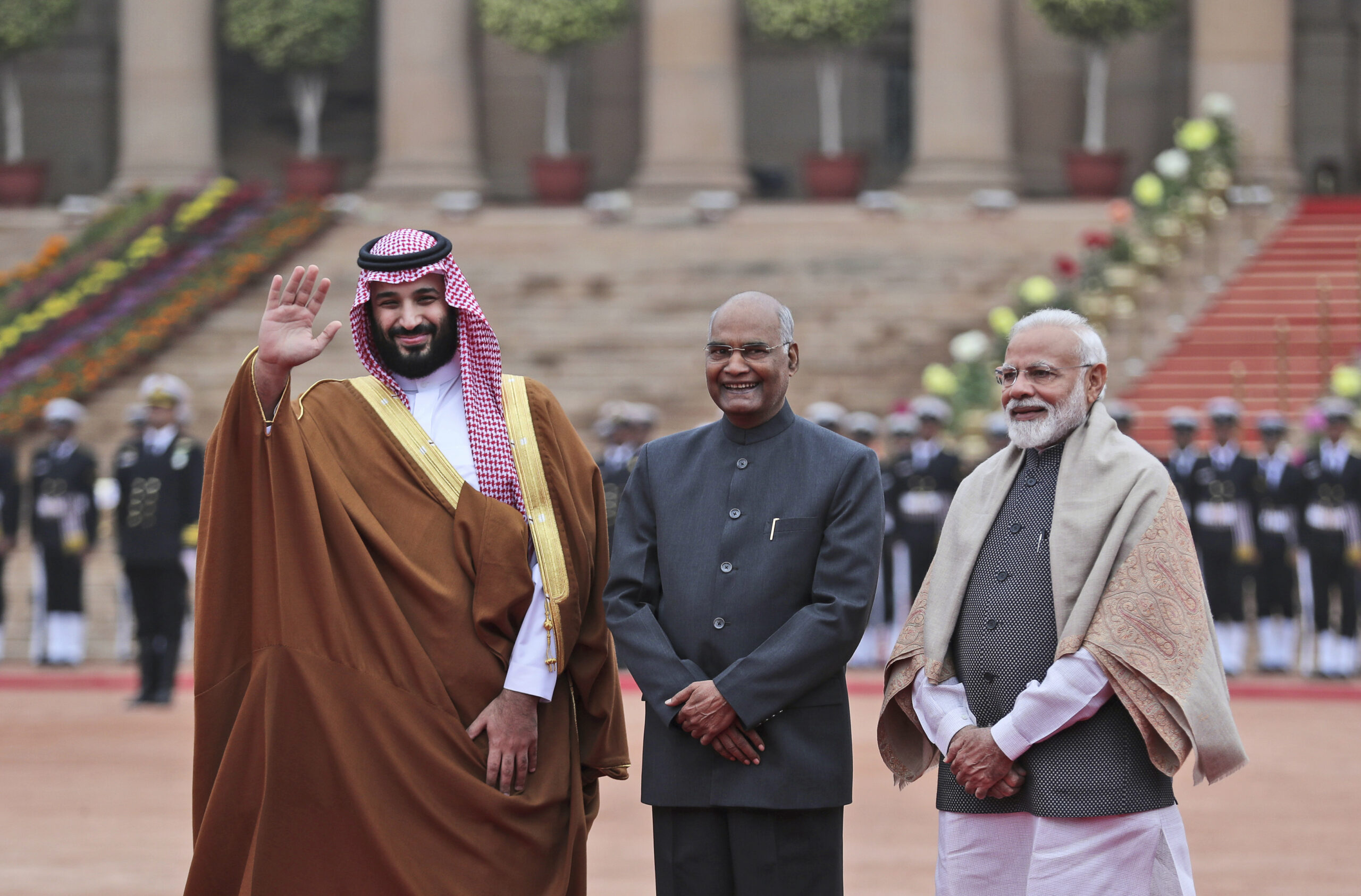
May 22, 2019
Dominance versus Disruption: Asymmetry in Gulf Security
This paper examines the defining characteristics of asymmetrical hostilities, in particular, the imbalance created when different security objectives – dominance or disruption – come into play.

Apr 11, 2019
Civil Nuclear Energy in the Middle East: Demand, Parity, and Risk
Highlighting the United Arab Emirates, Saudi Arabia, and Egypt, this paper studies the security policy implications of civil nuclear programs and assesses the prospects for indigenous nuclear industries and relationships with international suppliers.
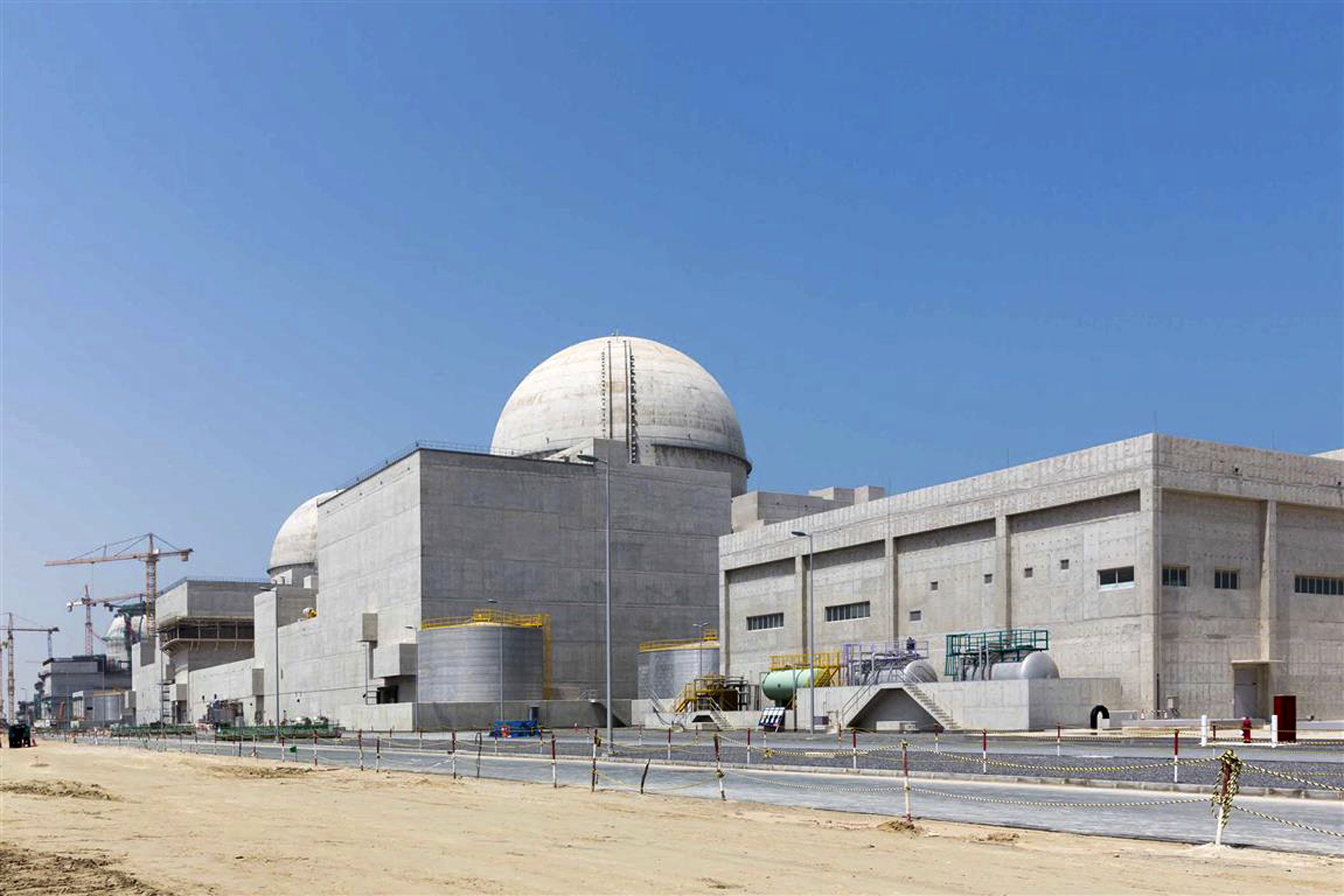
Mar 20, 2019
Climate Change and Economic Diversification in Saudi Arabia: Integrity, Challenges, and Opportunities
While Saudi Arabia’s long involvement in global climate change negotiations has attracted mounting attention, little is known about the kingdom’s climate change governance at the domestic level or its progress in terms of addressing climate change in line with economic diversification.
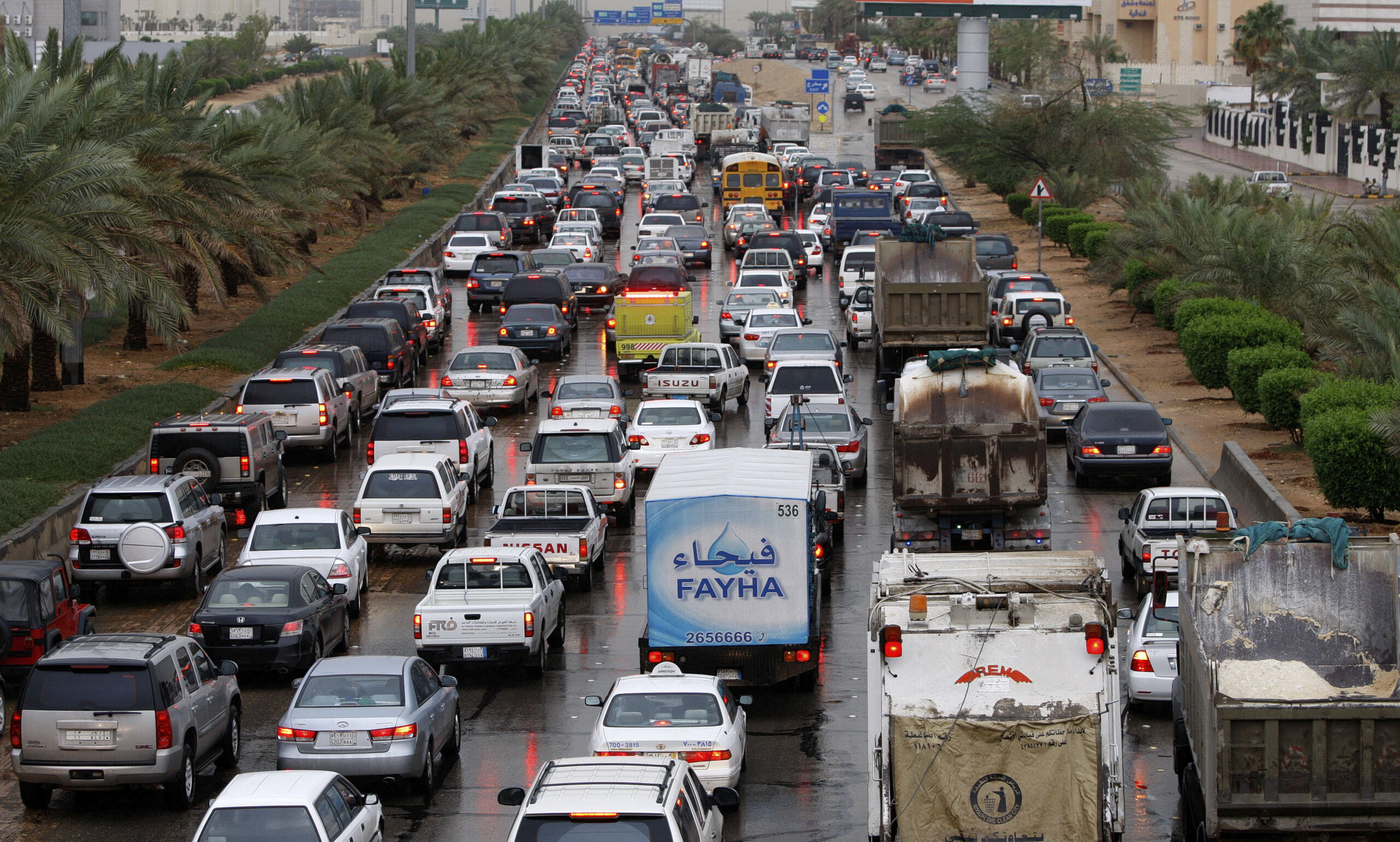
Feb 5, 2019
Political Succession in the Islamic Republic of Iran: The Rise of the Revolutionary Guards
The political dynamics during the transitions in Iran in 1979 and 1989 reveal a number of similar features that will play into who will succeed Supreme Leader Ayatollah Ali Khamenei; what is new now is the role the IRGC is playing in the factional power struggle.
